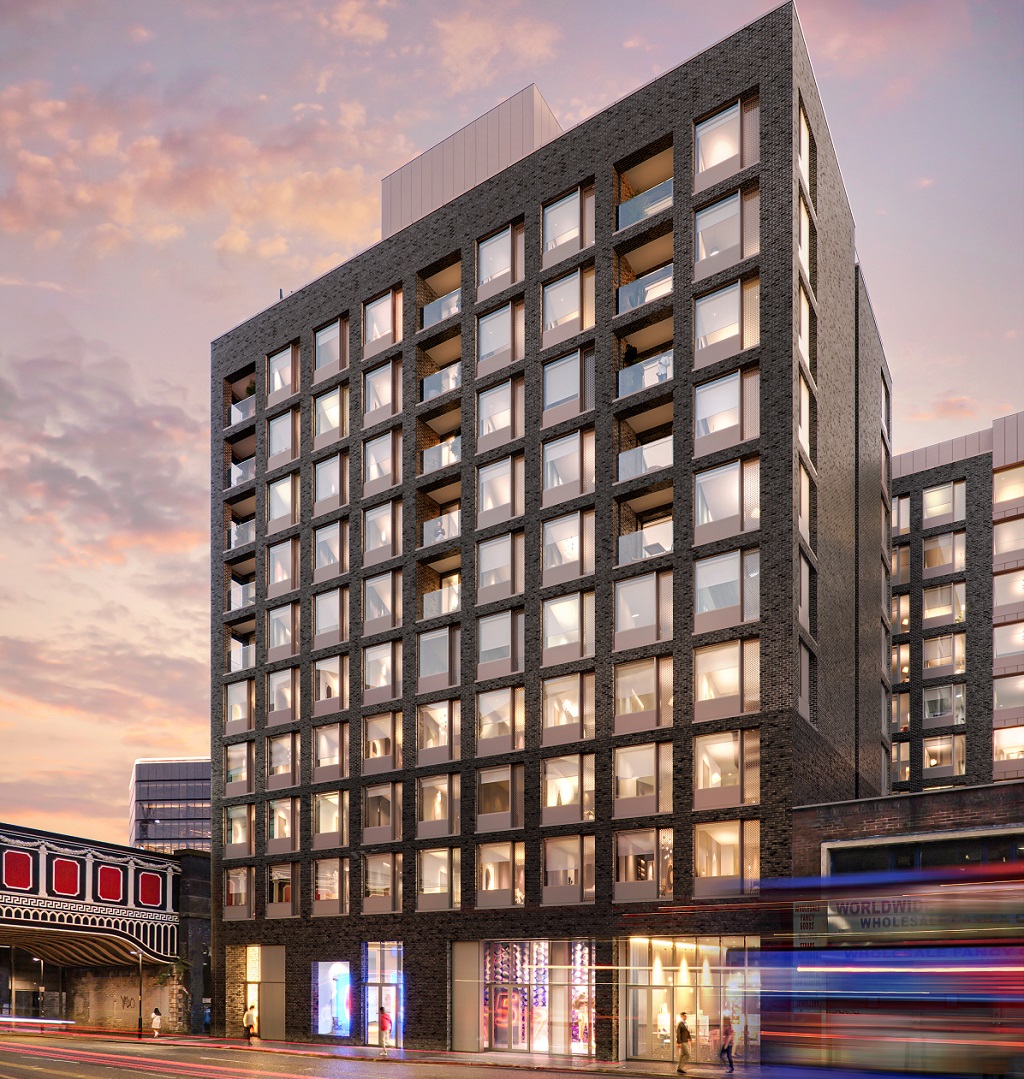Commentary
VIDEO | What is a 15-minute city and is it the key to a sustainable future?
The 15-minute city concept has been heralded as one of the outstanding architectural contributions to human development – does it deserve this praise? And how can we turn its ideas into reality? Those were the topics of this roundtable discussion, hosted by Weston Williamson + Partners.
While the “15-minute city” term is relatively new, its ideals are not. Industry leaders noted that New Islington in Manchester has put into practice many of the idea’s key principles of crafting a space where the needs of residents can be met locally.
Local authorities, engineers, architects, developers and more spoke about what needs to be done to further the development of 15-minute cities, as well as delved into how we can ensure these neighbourhoods do not just cater to the wealthy.
The discussion was hosted by Place North West deputy editor Julia Hatmaker. Highlights from the roundtable can be seen on Place North West’s YouTube channel.
The participants were:
- Stephen O’Malley, Civic Engineers
- Jacqueline Whitworth-Allan, LUC
- Mark O’Mullane, Muse Developments
- Paul Lakin, Bury Council
- Nick Graham, Peel L&P
- Nick Leslie, Stockport Council
- Nicola Kane, Transport for Greater Manchester
- Adam Brown, Weston Williamson + Partners
- Lucy Dunn, Weston Williamson + Partners
Key talking points:
Stephen O’Malley: “Here in Manchester, the Millennium Communities Initiative came in around 2000. And you have New Islington, over in East Manchester, it arguably has that bone structure [of a 15-minute city]: it’s got the park, it’s got schools, it’s got local commercial amenities, it’s got residential… Recognising the journey that New Islington has been on, I think it’s been a pretty phenomenal success.”
Nicola Kane: “[The 15-minute city] is not about keeping people trapped in their local neighbourhoods, it’s about having good access to day-to-day things in your local neighbourhood, but also about having good public transport links to other places – whether that’s to other towns or the city centre… I see it as a series of really well-connected neighbourhoods.”
Lucy Dunn: “As we move away from the car, what do we do with these streets? And that’s where you have an opportunity to create excellent cycle highways, but also more green space… Then that ties into healthier spaces for people and ultimately creating somewhere where people have a better quality of life.”
Jacqueline Whitworth-Allan: “I think there’s an argument [against 15-minute cities] that people would say, ‘Well, I don’t have the local services on my doorstep. I don’t have the green space on my doorstep. Therefore, I need the car to get to somewhere that does.’ So I think it’s a little bit chicken and egg. You know, if you had greater investment within towns, within smaller cities, you’d have more of that kind of willingness to consider giving up the car.”
Adam Brown: “The more you can do to accelerate [areas around train stations] into being somewhere people want to be… the more we can push that, then the more it will push that idea that somebody might want to leave their bike at the station, rather than leaving their bike and driving all the way down the A56. I think it’s [about] working with what we’ve got to then move that paradigm shift the right way.”
Nick Graham: “[The 15-minute city concept is] not about mobility, necessarily, it is about access and the idea that, in the broadest sense, these are spaces which are accessible and affordable for everybody. To create this idea that everyone, from whatever walk of life you come from, whether you’re poor or rich or educated or not, you can be in one of these spaces… From a regeneration perspective, we need to sort of be trying to achieve this concept in a way which supports existing communities and gives them a sense of ownership.”
On what can be done to create 15-minute cities
Mark O’Mullane: “I think the politics of large-scale public sector intervention in some public transport is expensive and time-consuming. What we can do is try to lay some of the foundations to make the politics a bit easier in the future – things like improving amenity for cyclists, [which is] a small-scale intervention, but something’s very important.”
Paul Lakin: “I think if government could create a biodiversity fund that scaled [and was] devolved to mayoral combined authorities. When I’ve got big redevelopment schemes, which are under constant pressure because of mass inflation across the built environment sector, that [fund] could come in and put specific features in that are ring-fenced to deliver because at the moment I’m clinging on to as much of the green infrastructure we’ve put in our levelling up bids, our town centre projects, but the cost pressures are just constant at the moment. You don’t want to lose them.”
Nick Leslie: “One of the things that we can do [as a local authority] is perhaps be a bit clearer with our planning policies and zoning policies to encourage this development, which people are saying that they want and the clients want it. I think that’s beholden on us.”





You only have to visit Europe to see the 15 minute city in practice, as in the main they have high residential levels living above and around shops and other services, and this is what Britain was like pre-war . Nowadays the big supermarkets and drive-to retail centres have badly affected the local shopping areas, however before that the dispersal of inner -city populations led to the ruining of neighbourhoods.
Having good quality rapid tranit systems are essential to modern urban living but our governments never address this issue with only a few cities having tram networks.
By Anonymous
Completely at odds with Manchester’s policy of trying to get everybody into Manchester City centre, mostly by car for hours every day
By Danny
Having heard the comment about New Islington already being a 20min city, I searched for some news on it and found an article on I Love Manchester. it does not look like a place with more than 5% social housing; it brags about new houses being over 300k and with car parking and private outdoor space, it focusses on cafes and bars and a Free school, so no comprehensive within 15mins and any public pool/tennis court/skateboard park. Not quite the model that is required.
By Anonymous